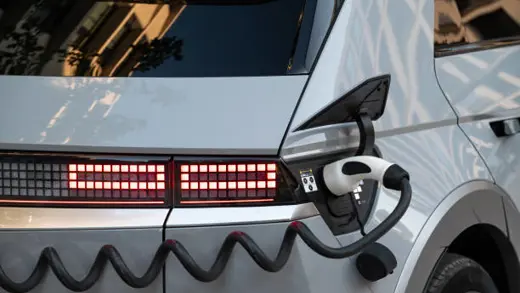All new cars come with a manufacturer warranty, now depending on the manufacturer the warranty period can differ. In the UK car manufacturers offer a range of warranty terms that cover aspects of your car, ensuring buying protection against potential defects or issues. Whether you are leasing a car or making a purchase you must be aware of and understand the manufacturer’s warranty to be able to make an informed decision, which allows businesses and individuals to make the most of the benefits the manufacturer has to offer.
What is a manufacturer warranty?
When buying a car, it is important that as a customer you understand the manufacturer's warranty. It provides protection for the buyer if the vehicle doesn't meet quality standards within a specific period. Car manufacturer warranties typically last between 3 to 7 years or the mileage limit depending on the car manufacturer. The warranties are normally put in place to cover things like defects in materials and workmanship, making sure that issues that may come up from the manufacturing process are sorted out without costing the buyer. In the warranty, it outlines the procedure for making claims and the correct documentation it will mention exclusions like damages caused by accidents. It is important for buyers to read and familiarise themselves with their warranty as it will only benefit them.
What are the key components?
When buying, leasing or even financing a car it is important that you understand the key elements of the car's warranty this will differ from manufacturer to manufacturer. Usually, a car warranty covers a period or millage like every 2 years or 20,000 miles whichever comes first (Figures will differ from manufacturer to manufacturer). This period is how long the manufacturer is responsible for repairing any defects that may occur. The warranty may cover parts but not necessarily cover the labour cost associated with the repairs. Things such as your car engine, the electrics and gearbox will be covered. However, things like your car bulbs, tyres or cosmetic repairs may not be covered under the manufacturer's warranty. As a customer, you must understand what is covered by checking the warranty and what isn't to avoid unexpected surprises.
How to make a warranty claim
Making a warranty claim can feel quite overwhelming, but with the right support, it doesn’t have to be. You must have all documentation; proof of purchase, maintenance record and warranty booklet to begin with. Then you can make the call to the dealership to book an inspection, it will be made clear if the issue will be covered by the warranty or not. They will inspect the car and review the claim that you made to determine whether the repair is eligible under the warranty terms. If approved, then you should get your car repaired with no additional cost or minimal cost depending on the warranty details. If your claim is denied don’t hesitate to ask questions.
Understanding manufacturer warranties and making a warranty claim can be quite daunting for some, but with the right approach, it can be quite easy. It is really important to remember that each car manufacturer's warranty will differ. So make sure all necessary documentation like service records and warranty paperwork are kept safe. By understanding your rights and the terms of your warranty you can make claims confidently without unnecessary cost.


